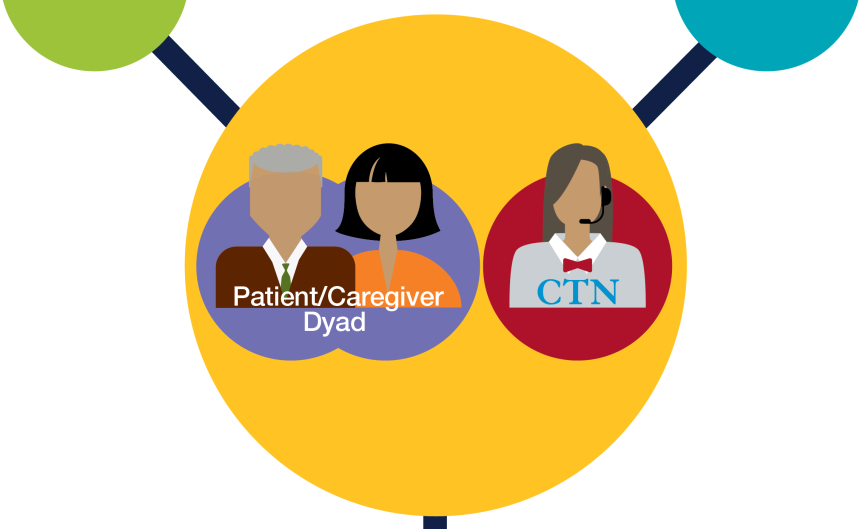Interests
Derya Durusu Emek Savaş, PhD
Neuroscientist
We need new policies that improve health care and long-term care for the aging population and provide the necessary care and support for people with dementia and their caregivers.
Current Work
Derya is an Associate Professor in the Departments of Psychology and Neurosciences at Dokuz Eylul University. She develops and uses computerized cognitive training programs as an intervention for people with cognitive impairment and for the prevention of cognitive decline in the aging population.
Personal Hero
Her father
Words of Strength
Dedicated, enthusiastic, collaborative, problem solving, adaptability
Vision
To reduce the scale and impact of dementia, new policies that improve health care and long-term care for the aging population and provide the necessary care and support for people with dementia and their caregivers are needed.
Strategy
Derya uses computerized cognitive training as an intervention for people with mild cognitive impairment. This can help restore their cognitive abilities and prevent further decline.
Impact
As an Atlantic Fellow, Derya gained a deeper understanding of health policy, health economics, and other critical subjects necessary to address the challenges of dementia and effect real change.
Motivation
Like the rest of the world, the aging population is significantly increasing in Turkey, and health care professionals are not prepared to meet the challenges of this change.
Education & Experience
Derya Durusu Emek-Savaş is an associate professor in the Departments of Psychology and Neurosciences at Dokuz Eylul University, Turkey. Derya completed her bachelor’s degree in psychology. She holds a MSc degree in clinical neuroscience and a PhD in basic neuroscience. She has worked on several research projects regarding Alzheimer's disease, mild cognitive impairment, Parkinson’s disease, and physiological aging. During this time, she had extensive knowledge and background on the assessment of several neuropsychological tests in both clinic and in clinical trials as well as using neuroimaging techniques such as EEG and MRI.
Projects
Send
Derya
a Note



